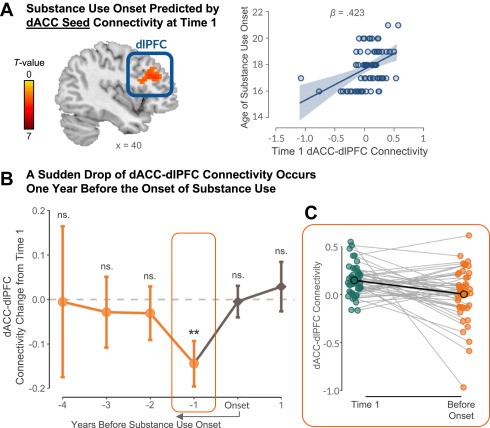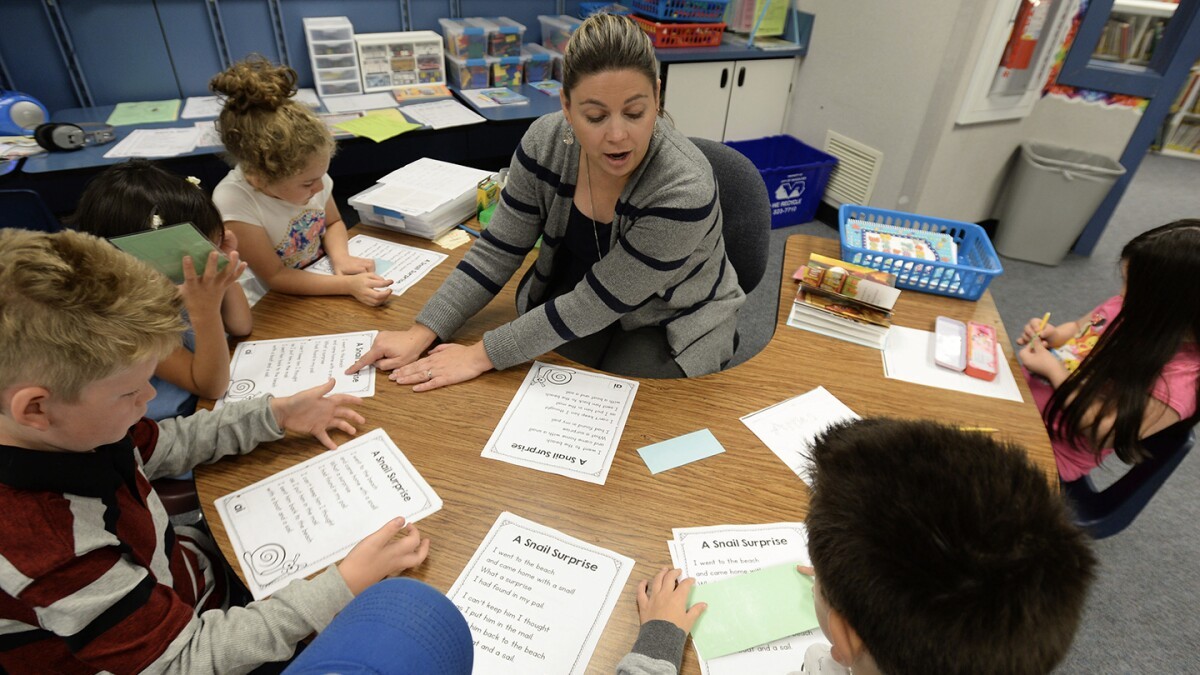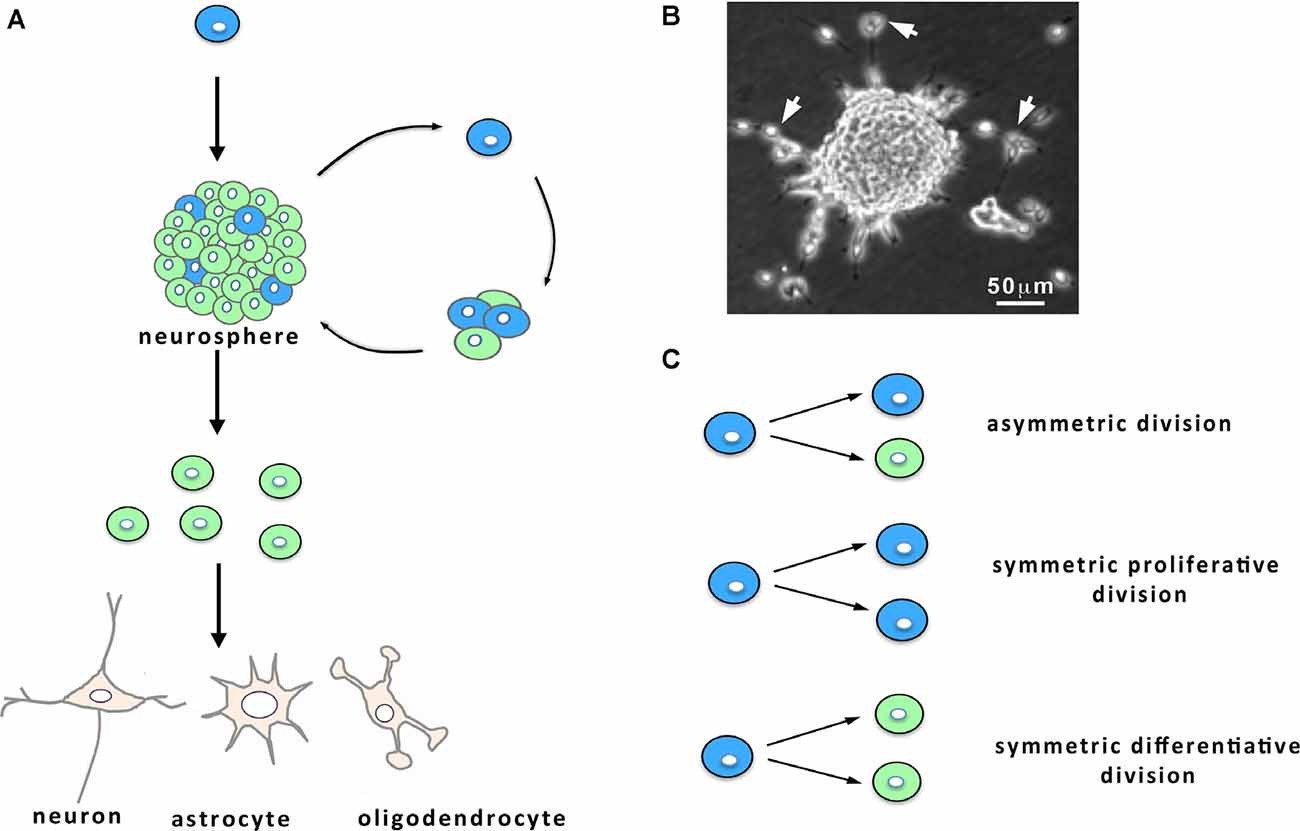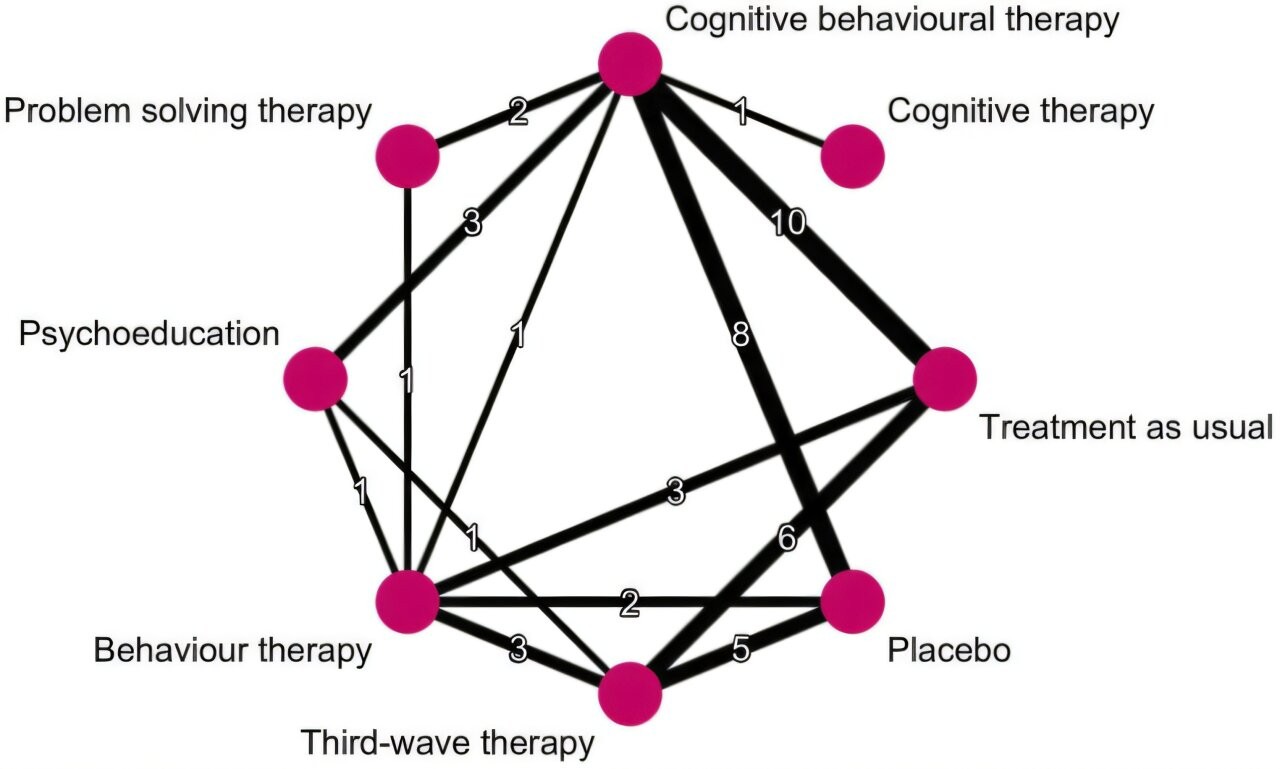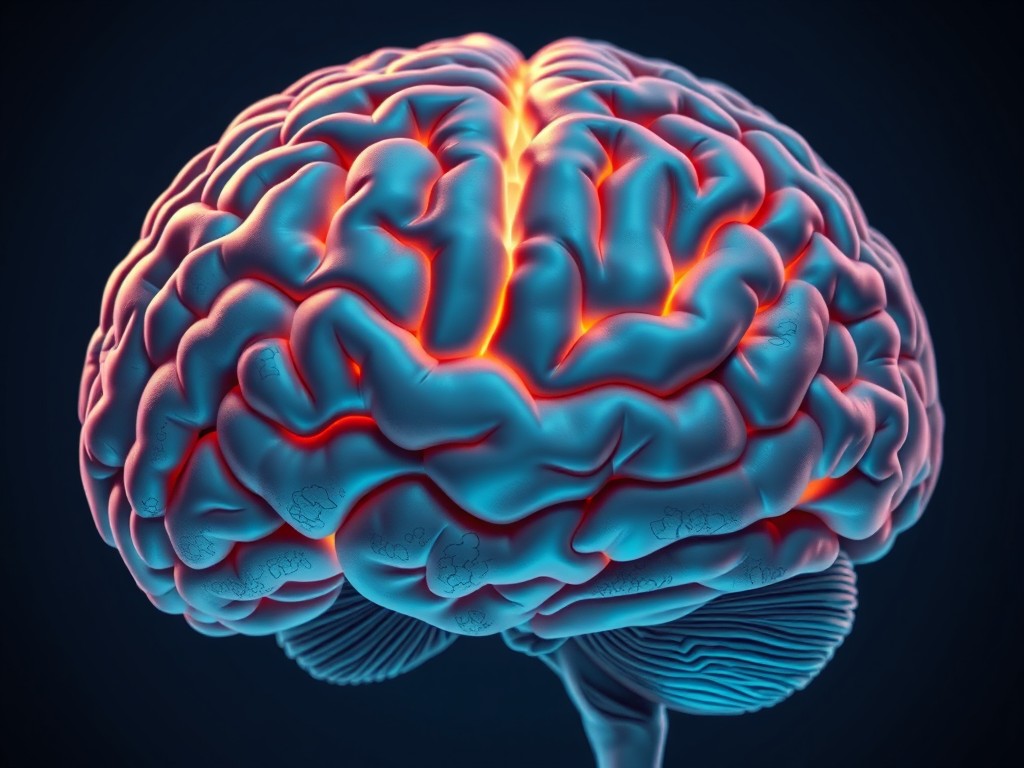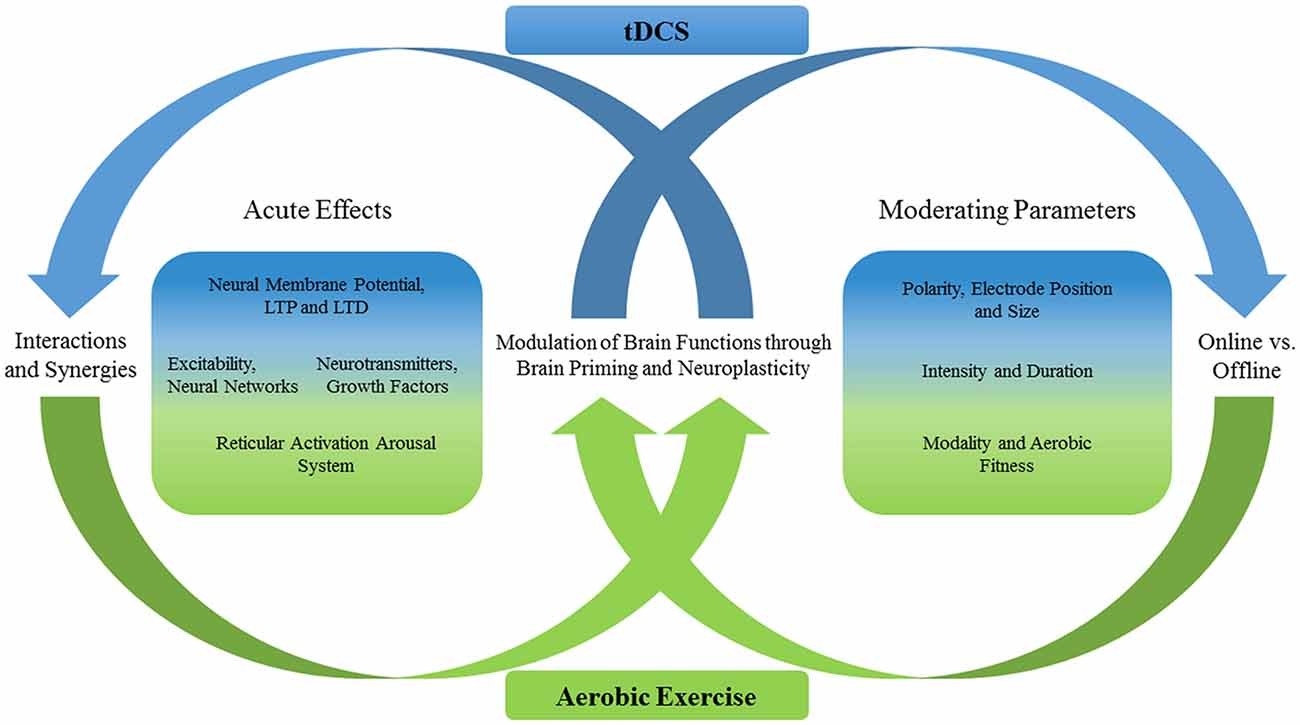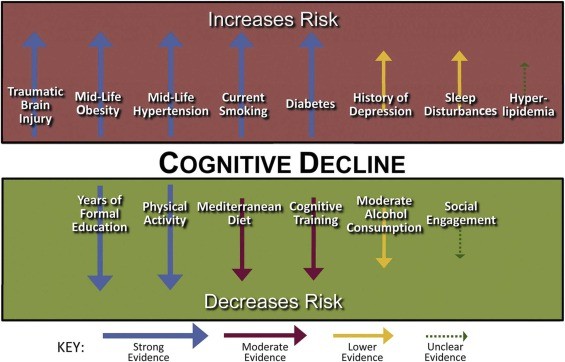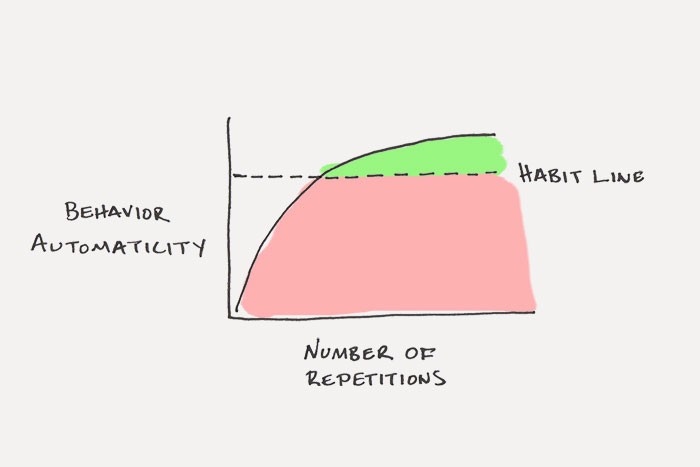Infant Brains Form Memories Like Adults, Yale Study Reveals
Groundbreaking Yale research using fMRI reveals babies as young as one year old form memories similarly to adults, challenging beliefs about infant memory capabilities. The study found infants' hippocampal activity during image viewing predicted later recognition, suggesting early memories may persist until preschool age.
Brain Scans Reveal Early Warning Signs of Teen Substance Abuse Risk
A groundbreaking seven-year study from Virginia Tech demonstrates how changes in brain connectivity patterns can predict adolescent substance use before it begins. The research offers hope for earlier intervention by identifying specific neural networks that indicate risk factors for future drug and alcohol use.
Primary School Children Show Superior Ability in Understanding Cause and Effect
A groundbreaking study reveals that primary school children outperform both younger and older age groups in associative learning abilities. The research challenges previous assumptions and provides valuable insights into age-specific learning patterns that could inform educational approaches.
Physical Activity Boosts Cognitive Development in Preschoolers, Study Finds
New research reveals that physically active preschoolers demonstrate superior memory, focus, and problem-solving abilities compared to less active peers. The groundbreaking Spanish study suggests that regular movement throughout the day may be key to optimal brain development in early childhood.
Neural Stem Cells' Parent-Child Communication Unlocks Brain Regeneration Mystery
Scientists discover revolutionary feedback mechanism between neural stem cells and their daughter cells that controls brain cell regeneration. This breakthrough finding from Canadian researchers could transform treatments for neurological disorders through controlled stem cell activation.
Breakthrough Study Identifies Most Effective CBT Components for ADHD Treatment
A comprehensive analysis of 43 clinical trials reveals the most successful elements of cognitive-behavioral therapy for ADHD management, with organizational strategies and mindfulness-based approaches showing remarkable effectiveness. The groundbreaking research provides valuable guidance for designing more targeted therapeutic interventions.
Breakthrough Study Reveals Brain's Memory Signal Highway
Scientists have unveiled a crucial mechanism showing how neurons transmit signals from dendrites to the nucleus for memory formation. The discovery, led by Dr. Dell'Acqua's team, could revolutionize treatments for memory-related disorders like Alzheimer's.
Exercise Boosts Brain Function Differently in Adults with ADHD, Study Finds
New research from Taiwan reveals that 30 minutes of aerobic exercise enhances cognitive performance specifically in adults with ADHD through unique brain activity patterns. The groundbreaking study demonstrates how physical activity affects brain function differently between ADHD and non-ADHD individuals.
Digital Lifestyle Program Shows Promise in Delaying Dementia Onset
A groundbreaking Australian study reveals that an online lifestyle intervention program can enhance cognitive function in older adults at risk of dementia. The three-year trial demonstrated that personalized digital coaching focusing on exercise, diet, brain training, and mental health could potentially delay dementia onset by one year.
Breaking the 21-Day Habit Myth: New Research Shows Habits Take Months to Form
University of South Australia research debunks the popular belief that habits form in just 21 days, revealing it actually takes between 59-66 days on average, and up to 335 days for full establishment. The groundbreaking study provides evidence-based guidance for developing sustainable lifestyle changes through consistent practice.

